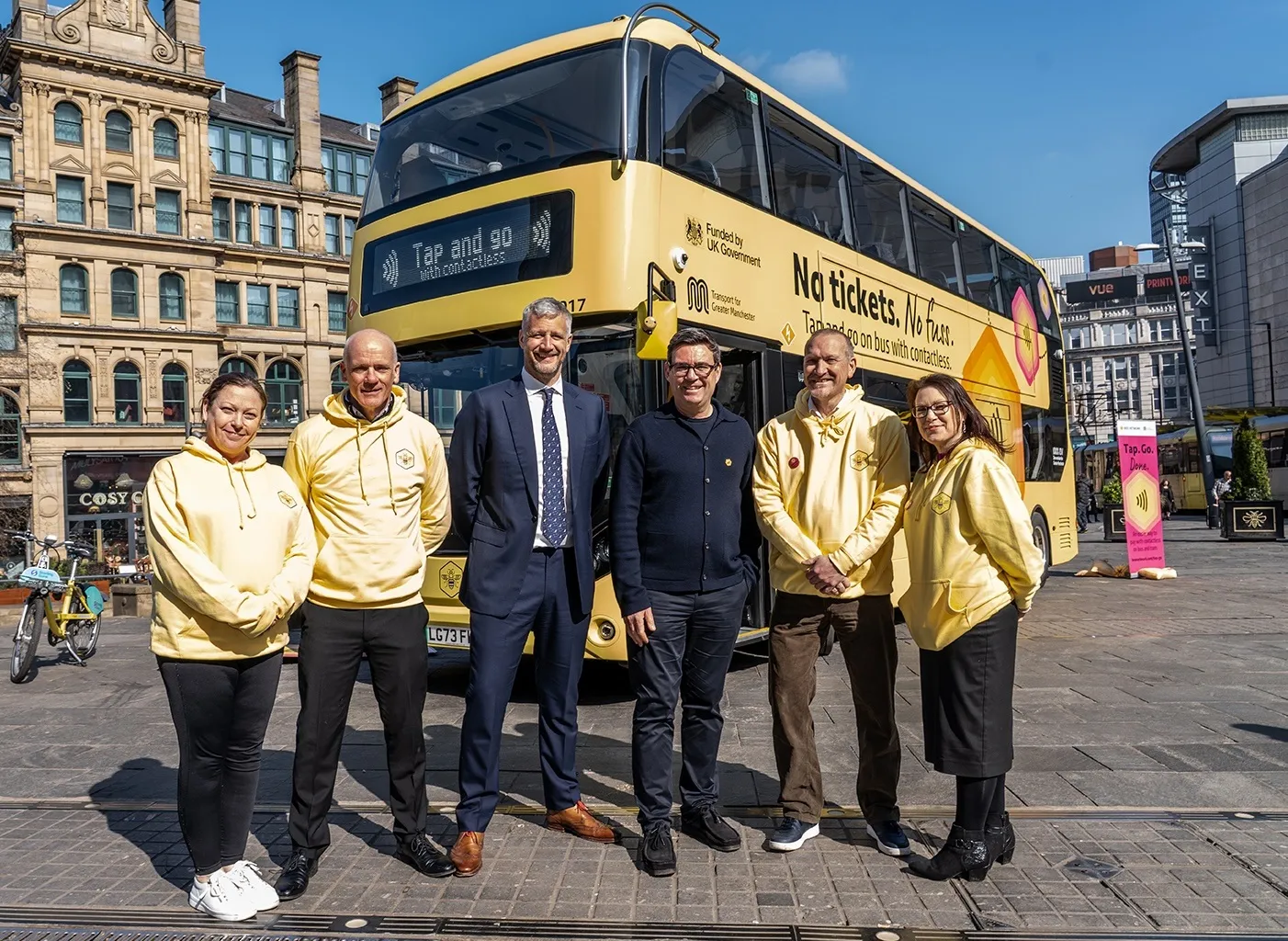The solution allows
Transfort E-ticket allows riders to buy tickets via their mobile device before they travel. Single, round trip, day passes, seven day passes, 31-day passes and annual adult passes are available through the app. Passengers who qualify for discounted senior or disabled passes may use the app by purchasing their passes from a customer service agent a Transfort transit centre. Existing fare media such as paper tickets will continue to be offered.
The service is available for all Flex and other bus routes, with the Max bus rapid transit line being enabled later this year.
Masabi brings account-based fare collection to Fort Collins
Masabi and transit agency Transfort have launched a mobile and account-based fare collection system for riders in the city of Fort Collins, Colorado.
The solution allows Colorado State University students to use their existing student ID card (RamCard) to tap to travel when boarding bus services. The system uses Masabi’s Justride account-based back office and allows Transfort to turn on account-based fare for all riders when required.
Transfort E-ticket allows riders to buy tickets via their mobile
August 6, 2019
Read time: 2 mins








